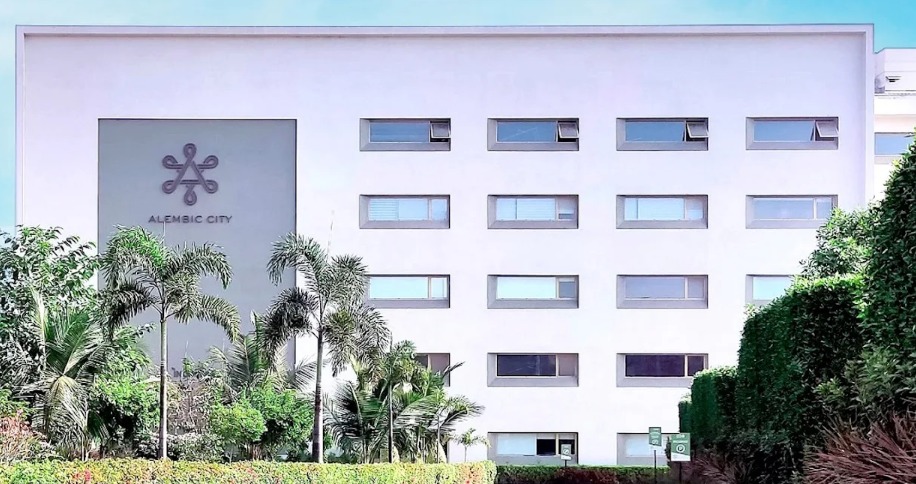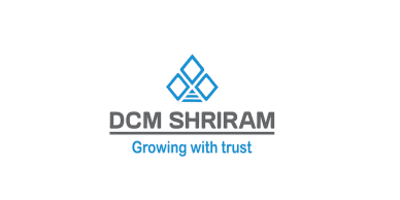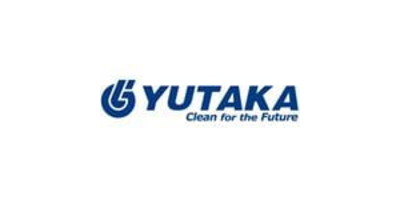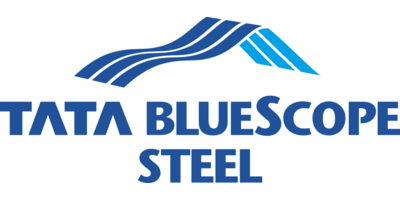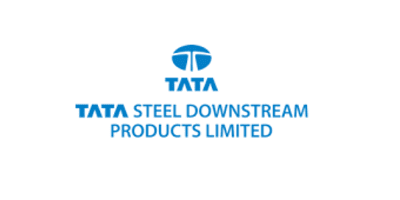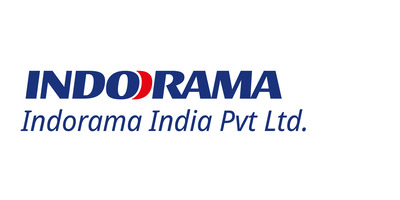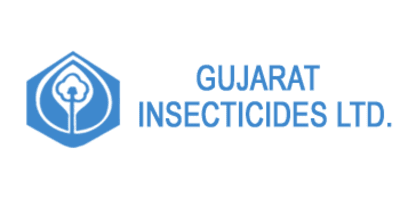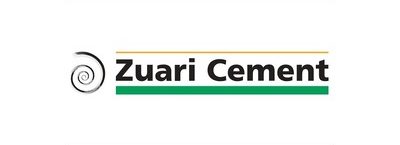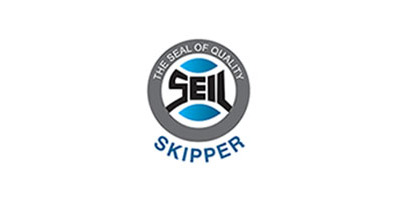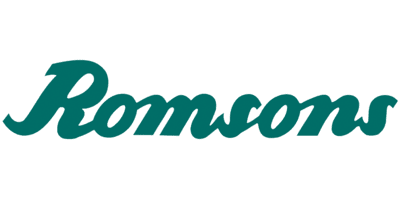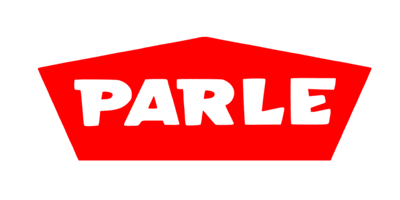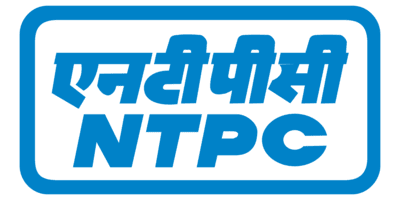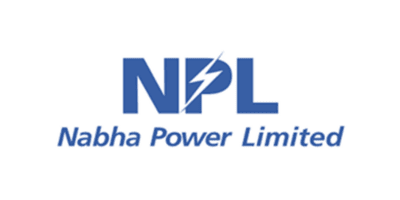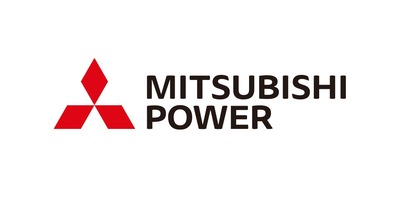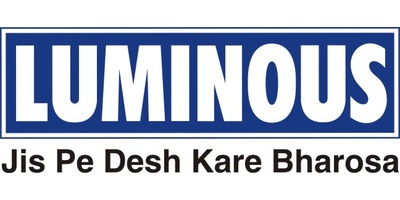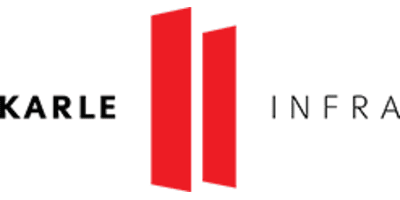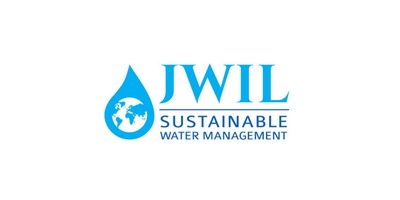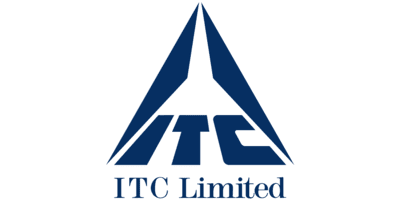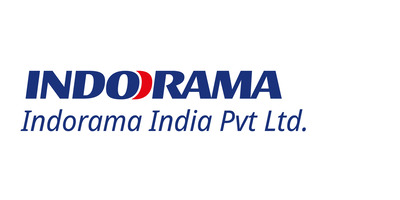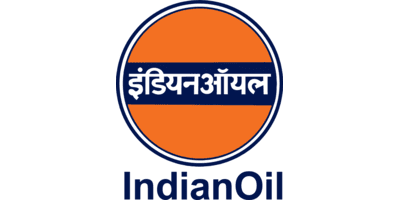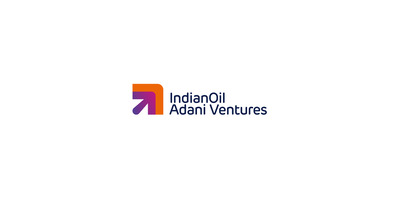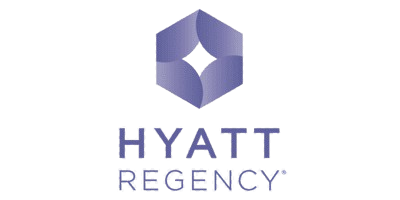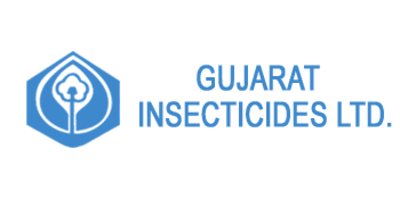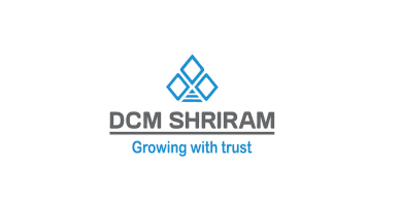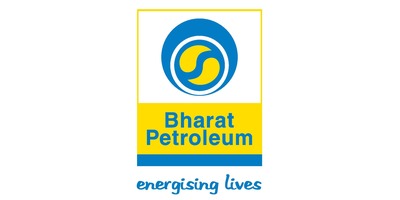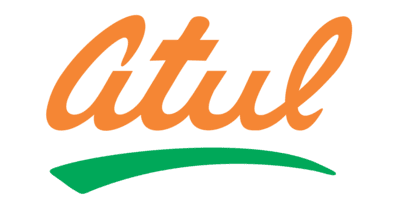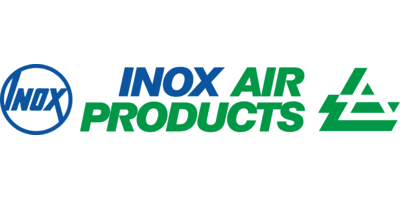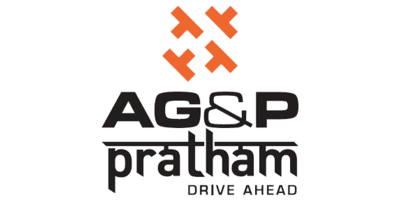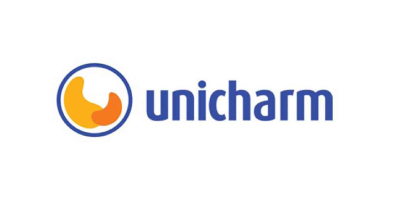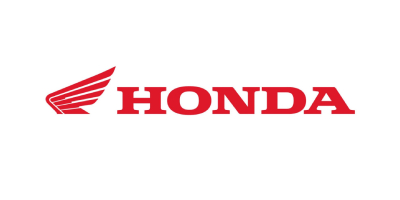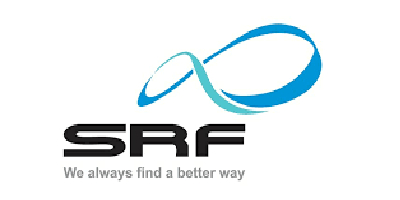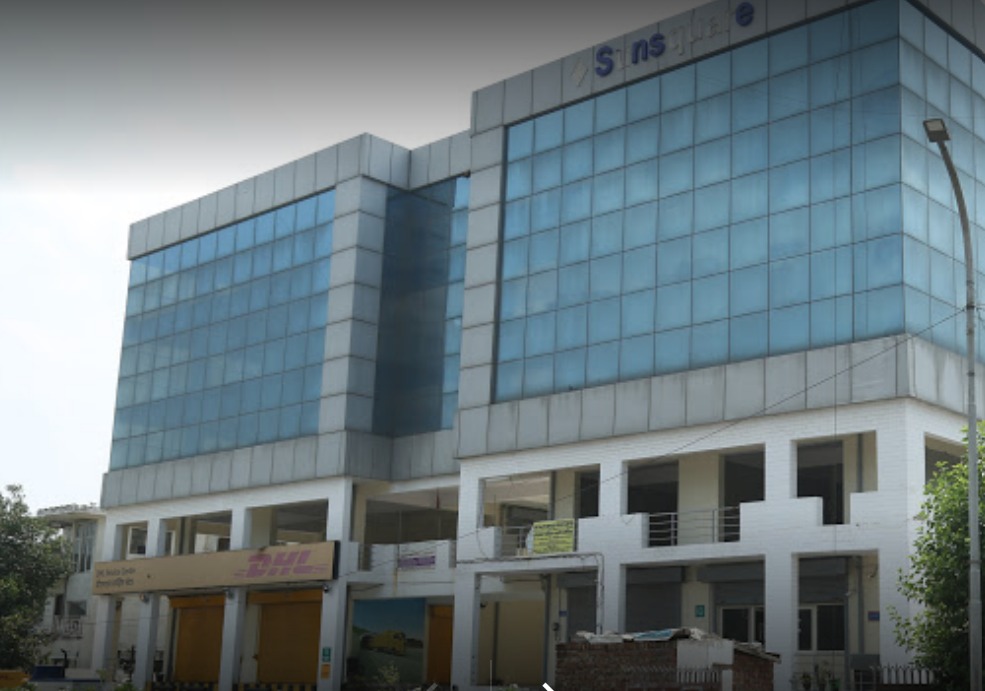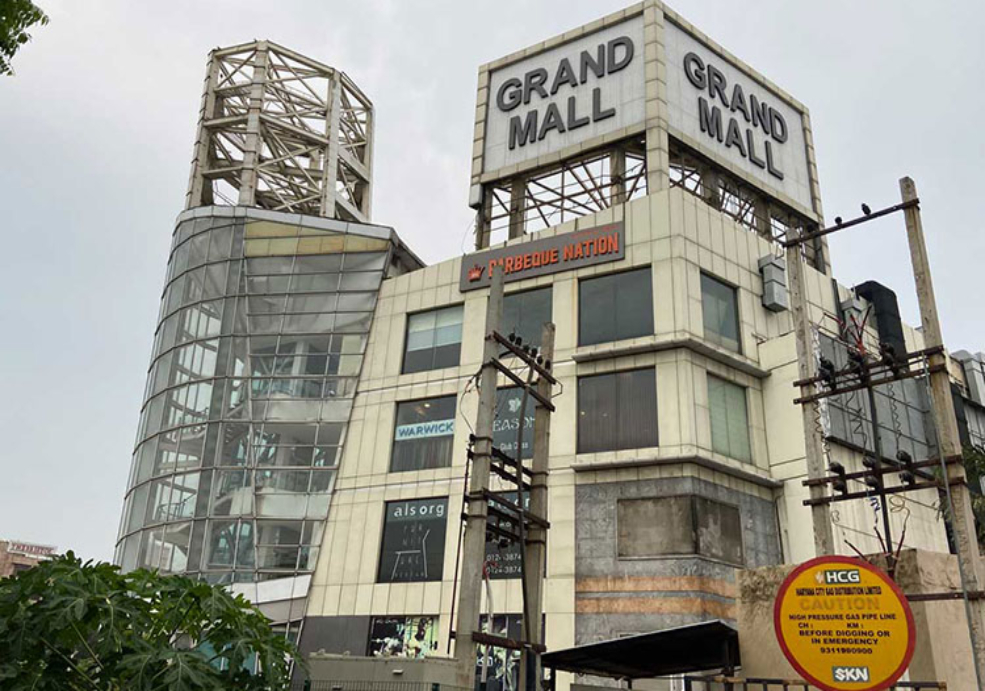What is HAZOP
HAZOP, or Hazard and Operability Study, is a methodical approach used to analyze complex systems, such as industrial processes, in order to identify potential hazards and operational issues that could pose a risk to people, equipment, the environment, or the overall functionality of the system. It is widely recognized in the process safety industry as a key tool for hazard identification.
What is the Goal of a HAZOP Study?
The main purpose of a HAZOP study is to identify any health, safety, and environmental (HSE) hazards that might arise due to process deviations, system failures, or human errors. This helps ensure that any risks are spotted early and mitigated effectively. The study also identifies operational issues that might not be hazardous but could still affect the system’s ability to operate as intended, reducing productivity or efficiency.

Additionally, HAZOP studies aim to find deviations in processes and ensure that proper controls are in place to protect the system. The study typically uses Process and Instrumentation Diagrams (P&IDs) to review the processes in question and propose corrective actions, such as the installation of extra safety controls or redesigning certain parts of the system.
OUR SERVICES
Our mission is to enhance the quality of life and safety of our customers and community. Your safety is our highest priority. We encourage you to partner with us in your safety by using the services described in this website. We hope you will all take the time to familiarize yourself with the information listed on this site.

SAFETY & RISK MANAGEMENT
Learn MoreSAFETY & RISK MANAGEMENT
As the business grows, your organization will need to introduce process safety management.

BEHAVIOR SAFETY
Learn MoreBEHAVIOR SAFETY
Many companies talk about ‘safety culture’ when referring to the inclination of their employees to comply with rules or act safety.

FIRE SAFETY
Learn More
FIRE SAFETY
Safety engineering is an engineering discipline which assures that engineered systems provide acceptable levels of safety.

DIGITECH
Learn More
DIGITECH
Safety software is a robust and flexible application that supports the efforts of safety teams across diverse industries.

TRAINING
Learn More
TRAINING
An effective training program can reduce the number of injuries and deaths, property damage, legal liability, illnesses.
Why is HAZOP Important in the Oil and Gas Industry?
The oil and gas industry is known for its high-risk operations, where hazards could lead to severe damage to people, equipment, and the environment. Given these risks, HAZOP becomes an essential tool for managing and reducing potential dangers.
Here’s how HAZOP analysis can help improve safety and reduce risks in the oil and gas industry:
Identifying Hazards in New and Existing Systems: HAZOP helps in spotting hazards in both new projects (like pipelines or processing plants) and existing systems. This allows for a better understanding of potential risks, which is crucial for creating risk assessments and formulating mitigation strategies.
Assessing Safety Controls: HAZOP helps assess whether the safety controls in place are sufficient to prevent accidents or reduce their impact. If gaps or weaknesses are identified, it can lead to improvements in safety measures.
Enhancing Process and System Design: HAZOP can suggest design and operational improvements that reduce the likelihood of accidents or failures. For instance, it might uncover the need for additional safety features, changes to the system design, or updated operating procedures that can better safeguard against risks.
In essence, HAZOP is a crucial tool for identifying potential hazards, ensuring the safety of operations, and maintaining efficiency in high-risk industries like oil and gas. It’s a proactive approach to ensuring systems function safely and as intended, ultimately protecting both personnel and assets.
Our Expertise
Risk Advisory
The value that RA creates for organisations is synonymous with operational excellence.
Safety Culture
when referring to the inclination of their employees to comply with rules or act safety or unsafely.
Safety System
Safety requires the application of scientific, technical and managerial skills to hazard identification.
Safety Software
Empower our Staff With The Insightful Reporting Our Safety Management Software Provides.
OUR CUSTOMERS
Accolades

HAZOP Study in a Chemical Plant
A HAZOP Study is an important analysis conducted to identify potential hazards that could cause significant damage or injury if not properly controlled. In the context of a chemical plant, this study is crucial for identifying both process hazards and equipment failures that might lead to accidents or system breakdowns. It’s used to examine every part of the plant to ensure that safety is maintained, identifying potential problems before they happen.
A HAZOP Consultant typically leads this process, helping guide a team through the examination of the plant’s processes, equipment, and operational systems. The goal is to detect any weaknesses or hazards, ensuring the plant operates safely and efficiently.
Where is HAZOP Applicable?
The HAZOP study is applicable to all defined operational sequences, both for planned systems and existing systems. It’s a flexible tool that can be used in a variety of settings, from small unit processes to large-scale chemical plants. The procedure is most effective when performed during the conceptual design stage of a project. This allows for early identification of hazards and enables the incorporation of recommendations that could impact the general design of the system, making it safer from the start.
By involving a HAZOP Consultant, you can ensure that every potential risk is considered, and that the plant’s design can be adjusted accordingly to minimize hazards before construction or implementation.
HAZOP vs HAZID: Understanding the Difference
While both HAZOP and HAZID (Hazard Identification) are used to identify risks and hazards, there are some key differences between the two.
HAZOP is a more structured and systematic approach. It typically involves a team of experts (including a HAZOP Consultant) who use specific guidewords to systematically identify deviations in the process. These deviations are evaluated based on their severity and likelihood, and recommendations for mitigating or managing these risks are developed. The structured approach helps ensure a thorough analysis.
On the other hand, HAZID is a more informal technique. It also involves a team of experts brainstorming potential hazards, but it’s less structured than HAZOP. The focus is on identifying risks without following a specific set of guidewords or systematic procedures. Once hazards are identified, the team assesses their severity and likelihood, and makes recommendations for further analysis or investigation.
In short, while HAZOP is detailed and structured, HAZID tends to be more general and flexible, but both serve important roles in ensuring the safety of industrial operations.
Why is HAZOP Critical in Chemical Plants?
HAZOP studies in chemical plants are especially important due to the complexity and potential danger of chemical processes. A HAZOP Consultant will help ensure that all possible risks, from process deviations to equipment malfunctions, are identified and controlled. By using this method, plants can improve safety, prevent costly accidents, and maintain compliance with regulatory standards. It is an essential step to maintain safe operations and ensure the plant can continue running smoothly and efficiently.
FAQ
What Does HAZOP Stand For?
What Are the Skills of a HAZOP Consultant?
Who Can Do a HAZOP Study?
How much does a HAZOP study cost?
TSM TheSafetyMaster Private Limited
(ISO 9001 & ISO 45001 Certified Company)
Contact E-Mail
Contact Number
Head Office - Bhiwadi :-
Unit No 221-445-450-451-452-453, SPL1/J, 2nd & 4th Floor, Sunsquare Plaza Complex, RIICO Chowk, Bhiwadi 301019, Rajasthan, IndiaRegional Office - Gurugram :-
LG 006, DLF Grand Mall Metro Station, Mehrauli-Gurgaon Rd, Near Sikanderpur, DLF Phase 1, Sector 28, Gurugram, Haryana 122001